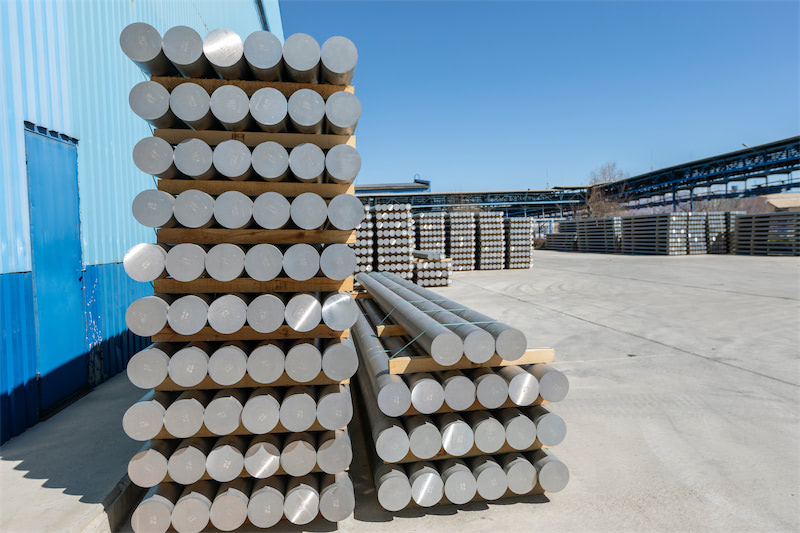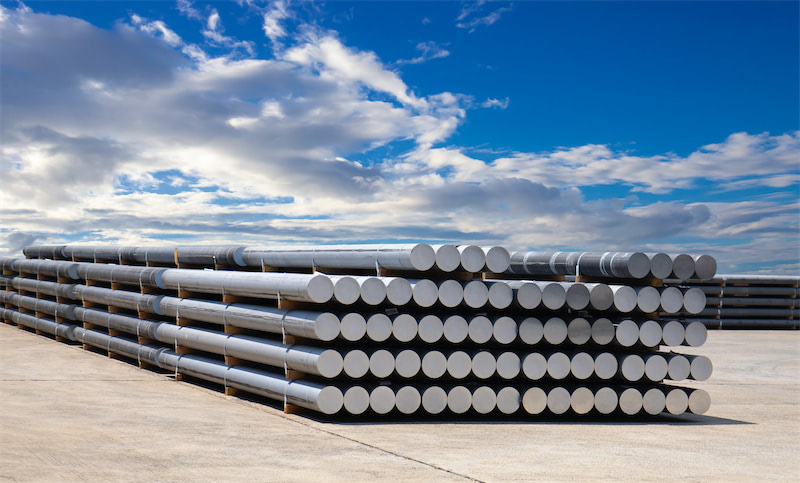SMM June 23 News:
On June 22, 2025, the National Security and Foreign Policy Commission of the Iranian Parliament passed a resolution in favor of closing the Strait of Hormuz, but the final decision rests with the Supreme National Security Council of Iran. The market is concerned about whether the closure of the Strait of Hormuz would impact the alumina and bauxite markets.
According to SMM, the Middle East region, including the UAE, Saudi Arabia, Iran, Oman, Qatar, Turkey, and Bahrain, has a combined electrolytic aluminum capacity of 6.92 million mt/year. Alumina capacity stands at only 4.95 million mt/year, distributed across Turkey, Iran, the UAE, and Saudi Arabia. From the perspective of the Middle East alone, there is a deficit in alumina, necessitating imports to supplement supply. Additionally, the Middle East does not achieve self-sufficiency in bauxite and needs to import some bauxite, primarily from countries such as Brazil, Guinea, and Australia. If the Strait of Hormuz is closed, it could affect the imports of alumina and bauxite in the Middle East.
However, for China's alumina and bauxite markets, the direct impact of a blockade of the Strait of Hormuz is limited.
In terms of bauxite, China's bauxite imports are basically not transported through the Strait of Hormuz, so it is expected that the impact on China's bauxite supply will be limited.
For alumina, China is largely self-sufficient in alumina and is currently in a net export position. In terms of exports, from January to May 2025, China exported a cumulative 1.172 million mt of alumina, of which approximately 151,000 mt were exported to the Middle East, mainly to the UAE, Oman, and Saudi Arabia, accounting for only 12.9% of the total export volume. With the closure of the export window in February and the completion of export contracts, the volume of China's alumina exports to regions outside Russia declined significantly in May. Currently, China's alumina export window is closed, and it is expected that a blockade of the Strait of Hormuz will have limited direct impact on China's alumina market.

In terms of indirect impacts, a blockade of the Strait of Hormuz would have a significant impact on crude oil supply. If the Strait of Hormuz is indeed blocked, crude oil prices are expected to rise sharply, and freight rates for bauxite and alumina vessels are expected to increase. However, for bauxite, Guinea's bauxite transportation has long-term shipping agreements, so freight rate fluctuations are expected to be relatively small. The increase in freight rates is expected to have a greater impact on the cost of temporarily finding vessels, providing some support for bulk cargo prices, but the positive impact on ore prices is limited.
Finally, according to SMM, some market participants assessed that the probability of Iran blocking the Strait of Hormuz was not high, and it was expected that the probability of having a practical impact on the market was relatively low.



